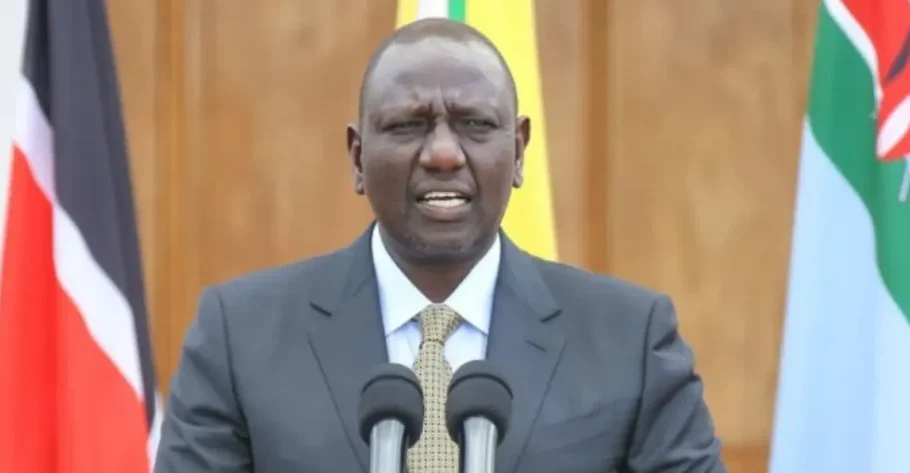
The Supreme Court of Kenya has suspended the Court of Appeal’s decision to nullify the Finance Act 2023. This would allow the government to continue collecting taxes under the contested law. The ruling cited public interest and the need to maintain stability in the budgeting process.
This decision comes after a prolonged legal battle over the constitutionality of the Finance Act. The Act was challenged for lacking proper public participation. In November 2023, the High Court ruled that certain sections of the Act were unconstitutional.
This decision led to the submission of six appeals and three cross-appeals to the Court of Appeal. In a ruling delivered on July 31, 2024, the appellate court declared the entire law unconstitutional. Dissatisfied with this outcome, the government, represented by the Treasury Cabinet Secretary, the Attorney General, the National Assembly, and the Kenya Revenue Authority, filed appeals with the Supreme Court of Kenya.
According to a report by NATION, the treasury officials argued that the nullification would create a revenue shortfall of Sh240 billion and disrupt essential public services, possibly leading to a government shutdown. The Kenya Revenue Authority (KRA) claimed a financial burden comes with reverting to the old tax collection system.
Meanwhile, President William Ruto has moved to reinstate controversial taxes that sparked protests and the subsequent brute killing of peaceful protesters a month ago. The new Finance Bill aims to raise $1.2 billion through various measures, including an eco levy on electronic items and plastic packaging.
The Supreme Court’s decision means that Kenyans will continue paying taxes under the Finance Act 2023, including the 16% VAT on fuel. The consolidated appeal will be heard virtually on September 10 and 11, 2024.
About The Author
Related Articles
Three Doctors Suspended as Medical Council Probes Death of Chimamanda Adichie’s Son
Nigeria’s medical regulatory authority has taken the rare and serious step of...
ByWest Africa WeeklyMarch 4, 2026Night Gunfire Near Presidential Palace Sparks Tension in Ouagadougou
Gunshots were heard late on the night of February 28 into March...
ByWest Africa WeeklyMarch 3, 2026Uganda to Start Domestic Gold Purchasing Programme to Boost Reserves
Uganda’s central bank has announced plans to launch a domestic gold buying...
ByWest Africa WeeklyMarch 3, 2026Ghana’s Cedi Expected to End 2026 Around GH¢12.85 to the Dollar
The Ghanaian cedi is projected to hold relatively steady against the United...
ByWest Africa WeeklyMarch 3, 2026












